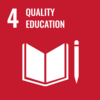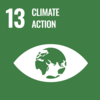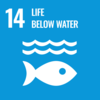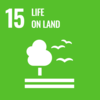Albert Einstein said that “we will not be able to solve the problems we created with our current patterns of thought”. Put more simply perhaps, this tells us that we cannot solve our problems with the same thinking we used when we created them.
In the context of climate change, sustainability, and education, changing the ‘way we think’ about the world around us and the complex global challenges we face means “equipping learners with the skills, attributes and competencies required to safeguard our [highly interconnected] social, environmental and economic wellbeing”, as set out in UNESCO’s definition of Education for Sustainable Development. Research has shown that people who score higher on ‘systems thinking’ are consistently more likely to be better informed and hence value issues like climate change as personally important and take more effective action on them [Yale Ref].
But what is systems thinking? More specifically, how do we, and more specifically our students, know how and when to apply it to such complex, global challenges, if they are unsure of what it really is?
The Strathclyde Climate Education Kick-Off (StrathCEKO) is the first initiative of its kind in UK HE, which engages students in exercising their ‘systems and critical thinking’ competencies to understand the climate problem (i.e. the cause and effects and interdependencies associated with climate change) and explore the range of climate solutions (i.e. the mitigation policies and implementation challenges) required to “keep 1.5 alive” and secure a sustainable future for all. In doing so, learners gain an appreciation of the power of ‘systems thinking’ when applied to understanding climate change, its causes and impacts, and the suite of solutions required to avert the climate crisis in a way that is just and equitable.



